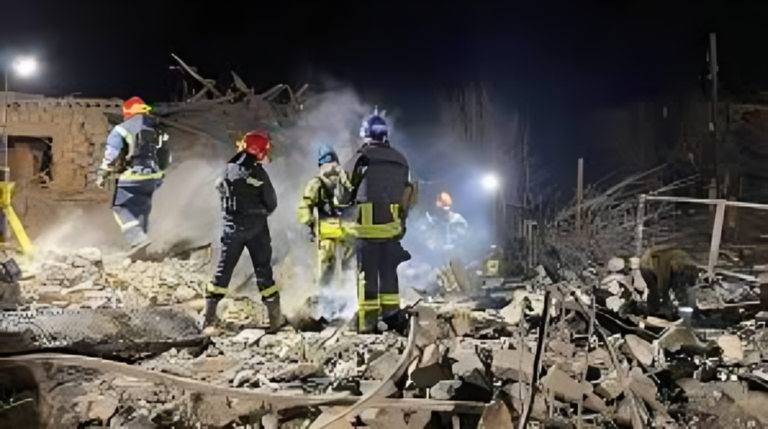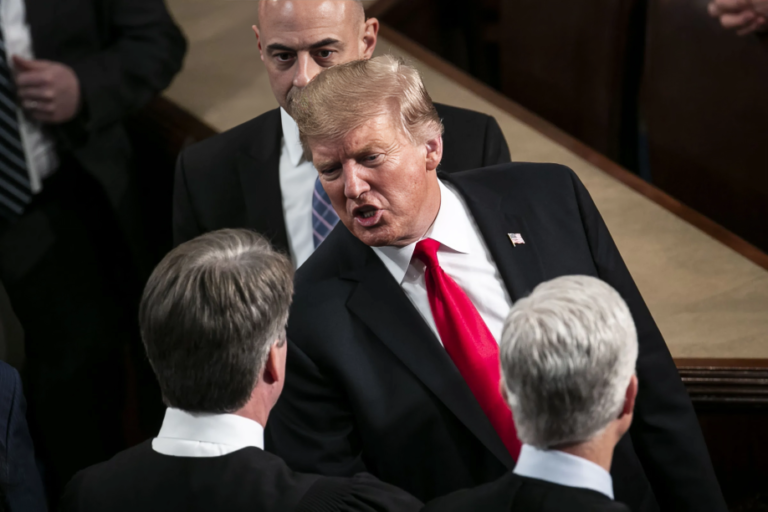In a decisive moment for French politics, President Emmanuel Macron announced that he will appoint a new prime minister “in the coming days,” following the resignation of Michel Barnier after a historic no-confidence vote in parliament. Barnier’s brief tenure ended abruptly, just three months after his appointment, marking the first time in over six decades that a French government has been ousted by parliamentary vote—a move Macron described as “unprecedented.”
Addressing the nation for ten minutes on Thursday, Macron firmly rejected calls from opposition leaders for his resignation, pledging to serve “fully” until the end of his mandate in 2027. He expressed gratitude for Barnier’s dedication while accusing the far-right and hard-left factions of conspiring in an “anti-republican front” aimed at destabilizing his government.
The no-confidence vote, which saw 331 MPs supporting the motion against Barnier—significantly surpassing the 288 needed for passage—was initiated by the New Popular Front alliance and Marine Le Pen’s National Rally. They united to challenge the government after Barnier invoked special powers to push through his budget without a parliamentary vote.
In a pointed response, Le Pen took to social media, asserting, “A little reminder to President Macron, who is supposed to be the guarantor of the Constitution: censure is not anti-republican; it is provided for in the Constitution of our Fifth Republic.”
With Barnier’s resignation, the government’s budget has been withdrawn, and he will continue in a caretaker capacity until a new administration is formed. Macron’s role remains unchanged, but he faces mounting criticism for calling snap elections in July, which many believe led to the current political deadlock.
Acknowledging the backlash, Macron admitted, “Many have blamed me for it, and I know many continue to blame me. It’s a fact and it’s my responsibility.” He urged voters to recognize that some political adversaries have opted for “chaos over responsibility,” suggesting their motives lie in the upcoming presidential elections rather than public welfare.
As speculation mounts regarding Barnier’s successor, potential candidates include Defence Minister Sébastien Lecornu, Interior Minister Bruno Retailleau, and centrist former presidential candidate François Bayrou. However, uniting the diverse factions within a fractured parliament poses a significant challenge, reminiscent of the struggles faced by former PM Gabriel Attal during his interim period.
The urgency of the situation is heightened by the impending visit of world leaders, including US President-elect Donald Trump, for the opening ceremony of the rebuilt Notre-Dame Cathedral on Saturday. The cathedral, which suffered devastating damage from a fire in April 2019, has since undergone a remarkable restoration, showcasing France’s resilience.
Macron emphasized the significance of the cathedral’s reconstruction and the country’s successful preparations for the 2024 Olympics, declaring, “We can do the impossible. The world admires us for that.” As the nation awaits the appointment of a new prime minister, the political landscape remains precarious, with eyes fixed on the future of governance in France.











+ There are no comments
Add yours